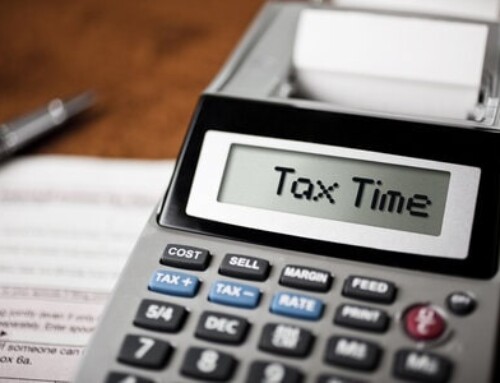 6 Taxes Retirees Face
6 Taxes Retirees Face
As you age, you need to factor in tax planning. There are forms of taxes you will face in retirement that you did not previously have to worry about. In this article, we will go over 7 taxes retirees face.
1. Social Security Taxes
If you are still receiving income while taking social security benefits, you could be subject to social security taxes. If you are single and have income between $25,000 and $34,000 a year, up to 50% of your benefits may be taxable. On the condition that your income is greater than $34,000 up to 85% of your benefits may be taxable. If you are married and your annual income is between $32,000 and $44,000 up to 50% of your benefits are taxable. When your combined income is over $44,000 up to 85% if your benefits are taxable.
2. State Taxes
Depending on the state you live in, you may have to pay taxes on social security benefits and withdrawals from retirement accounts at the state level as well as the federal. These states include Colorado, Connecticut, Kansas, Minnesota, Missouri, and Montana.
3. Required Minimum Distributions
Once you turn 73 you are required to take specific amounts from your retirement accounts every year. These are known as required minimum distributions. Since the funds you are withdrawing are pre-tax, they will be subject to income tax upon withdrawal. However, you can donate up to $100,000 to charity to avoid paying taxes on those funds. If you fail to take your RMDs you are subject to a 24% penalty.
4. Medicare Penalties
If you do not enroll in Medicare Part B in time you will be charged a penalty. This penalty increases your premiums by 10% for every 12 months you delay signing up for benefits. There is also a penalty for Medicare Part D if you go 63 days or more without prescription drug coverage.
5. Pension Taxes
Depending on how your contributions were funded, pre-tax or post-tax, a portion of your payments may be subject to taxes.
6. Investment Sales
Selling investments in non-qualified accounts generates the need to pay taxes on those sales. If you held them for less than a year, you will be subject to short term capital gains. If you hold the investment for a year or longer you are subject to long-term capital gains. These sales are taxes at your income level.
Planning for Taxes Retirees Face
If you plan ahead for taxes retirees face you will not get a nasty surprise when you enter retirement. If this is something you are worried about, meet with your tax preparer to plan appropriately.
Questions? Want to schedule an appointment? Contact us by clicking here.






Leave A Comment
You must be logged in to post a comment.